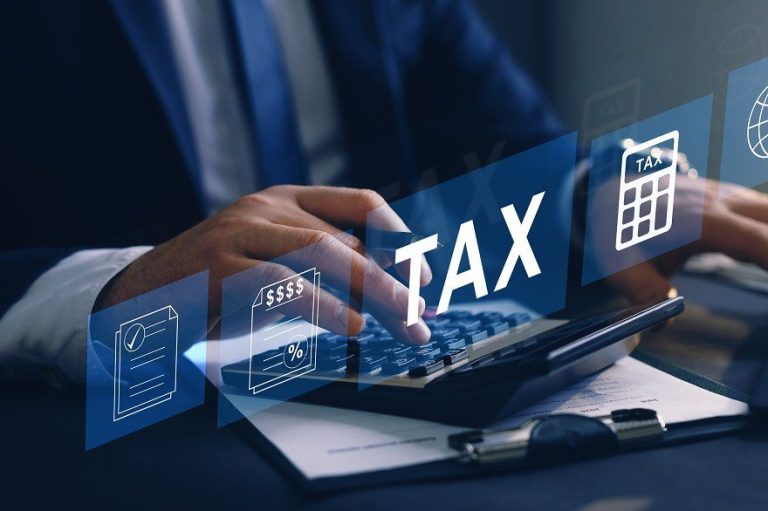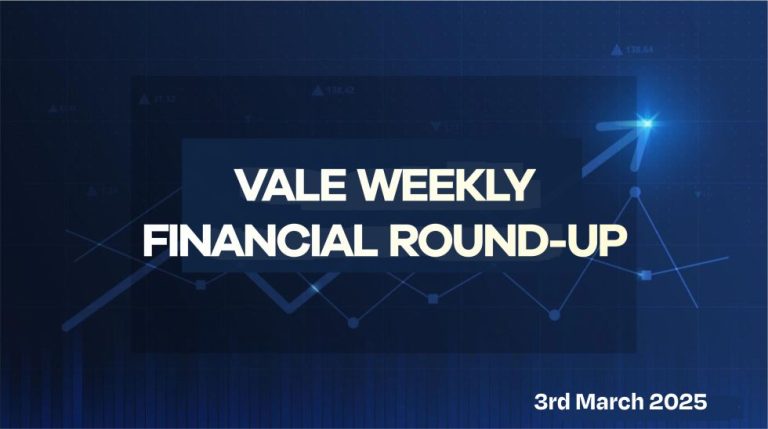This week on Vale Finance Compass we will discuss time. The clock does not pause for anyone. Each second passes, reminding us of the value of time and the responsibility that comes with it. It is the sixth day of 2025, and every day comes with the promise of new opportunities. But here is the truth, treating this year like every other one before it, while hoping for new results, is not just wishful thinking, it’s a recipe for stagnation.
2025 is a gift. A fresh calendar filled with untapped potential. Yet, we are deceiving ourselves if we continue to approach life, especially our finances, with the same patterns and expect things to magically align in our favour. Albert Einstein once said, “Insanity is doing the same thing over and over again and expecting different results.” If there is ever a time to reflect deeply on this truth, it is now.
The journey to financial wellness is not just about numbers and spreadsheets. It’s about mindset, habits, and choices. To truly show up as your best self financially in 2025, it is time to leave behind practices that keep you stuck. Let us look at three things you absolutely should not do if you want to experience real change this year:
1. Do Not Ignore Your Spending Habits
Too many people live in financial autopilot, swiping their cards or clicking “checkout” without thinking twice. By month’s end, they are left wondering where their money went. Ignoring your spending habits is like driving a car blindfolded, it’s only a matter of time before you crash.
In 2025, make it your mission to become more aware of where your money flows. This does not mean you need to become stingy or obsessive, but tracking your expenses and reviewing them regularly will give you insights that no advisor can provide. Are you overspending on things that do not align with your goals? Are you neglecting areas that could add real value to your life? Awareness is the first step toward meaningful change.
2. Do Not Overlook the Power of Small Savings
There is a common misconception that saving only makes sense when you can set aside large amounts. This mindset is flawed. Overlooking the power of small savings means ignoring the foundational principle of wealth building, consistency. Every great fortune begins with a single decision to save, no matter how little.
In 2025, commit to valuing even the smallest contributions to your financial health. Think about the money you would spend on impulse buys that you do not truly need. Redirecting those funds into a savings plan, no matter how little, can grow into something significant over time. Remember, the act of saving is not about deprivation, it is about intention. Each small step forward compounds into something greater than you can imagine.
3. Do Not Chase Quick Fixes
We live in a world that glorifies instant gratification. From quick investment schemes promising outrageous returns to get-rich-quick strategies that sound too good to be true, it is easy to fall into the trap of chasing shortcuts. But here is a harsh truth, there are no shortcuts to sustainable financial success.
Chasing quick fixes often leads to regret, whether through failed investments or wasted time. In 2025, take a more measured and strategic approach to your finances. Instead of jumping on every trend or opportunity that comes your way, focus on building a diversified portfolio and understanding where your money goes. The slow and steady path may not seem glamorous, but it’s the one that will lead you to true stability.
As the seconds tick away, remember that every moment is a chance to rewrite your financial story. 2025 does not have to be a repeat of past mistakes. By breaking free from old habits and embracing thoughtful, intentional choices, you can finally step into the financial future you deserve. Time, after all, waits for no one. How will you use yours?
Federation account grew to N6.86tn from corporate tax, VAT – CBN
Money flowing into Nigeria’s federation account grew to N6.86 trillion in the third quarter of 2024, according to a new Economic Report from the Central Bank of Nigeri
a. This was a 7.48 per cent increase from the previous quarter. The extra money came mainly from increased company taxes and VAT (value-added tax).
Most of the money came from non-oil sources, which brought in N5.56 trillion, while oil revenue made up the rest.
Here’s what the CBN report said exactly: “Gross federation account earnings improved, occasioned by higher receipts from non-oil revenue. At N6.86tn, the provisional gross federation account receipt was 7.48 per cent above the level in the preceding quarter but 23.71 per cent short of the benchmark.”
The report continued: “The increase was due largely to higher receipts from corporate tax and value-added tax. The composition of gross federation revenue showed that non-oil revenue remained dominant, accounting for 81.00 per cent, while oil revenue constituted the balance.”
Nigeria’s debt to hit N187.8trn in 2025 amid rising borrowing costs
Nigeria’s debt stock will reach N187.79 trillion this year as the West African country grapples with a rising borrowing cost, naira depreciation and aggressive government borrowing, it has been projected.
This is according to a recent report by Cardinalstone, an investment and research firm which revealed that the country’s debt will reach N153.04 trillion by year-end 2024.
This accumulation in debt profile, according to the report, is fueled by the issuance of a dollar-denominated domestic bond ($900.00 billion), regular borrowings through Nigeria Treasury Bills (NTBs) and bonds, and the country’s recent return to the Eurobond market to raise $2.20 billion.
“We estimate government debt to reach N187.79 trillion in 2025. The sharp rise in government debt has heightened concerns about its sustainability,” the analysts said in their report titled ‘Pressure to Plateau’.
NACCIMA urges Tinubu to slash corporate taxes to 19%, VAT to 7.5%
The National Association of Chambers of Commerce, Industry, Mines, and Agriculture (NACCIMA) has called on President Bola Tinubu’s administration to take decisive steps toward tax reform, including reducing corporate taxes to 19% and pegging Value Added Tax (VAT) at 7.5%.
This is contained in a statement signed by the association’s National President, Dele Kelvin Oye.
The current Tax Reforms bills before the National Assembly propose a progressive increase in VAT rates from 10% in 2025 to 12.5% (2026–2029) and 15% from 2030 onward.
Inflows through IMTOs surge by 63.7% in nine months on CBN reforms
The Central Bank of Nigeria’s (CBN) latest quarterly statistical bulletin has revealed a significant 63.7% increase in international money transfer operator (IMTO) inflows for the first nine months of 2024.
Inflows rose from $2.33 billion during the same period in 2023 to $3.82 billion in 2024.
This growth has been largely attributed to a series of targeted reforms introduced under the leadership of Governor Olayemi Cardoso, who assumed office in September 2023.
By increasing competition among IMTOs, engaging with the diaspora, and enhancing transparency in foreign exchange transactions, the CBN has strengthened the remittance ecosystem.
The Central Bank’s reforms have included streamlining processes, onboarding more IMTOs, and enhancing measures to ensure an increase in the supply of foreign currencies.
These measures have evidently paid off, as evidenced by the substantial increase in remittance inflows.
This surge in remittance inflows is crucial for Nigeria’s economy, providing much-needed foreign exchange and supporting household income.


